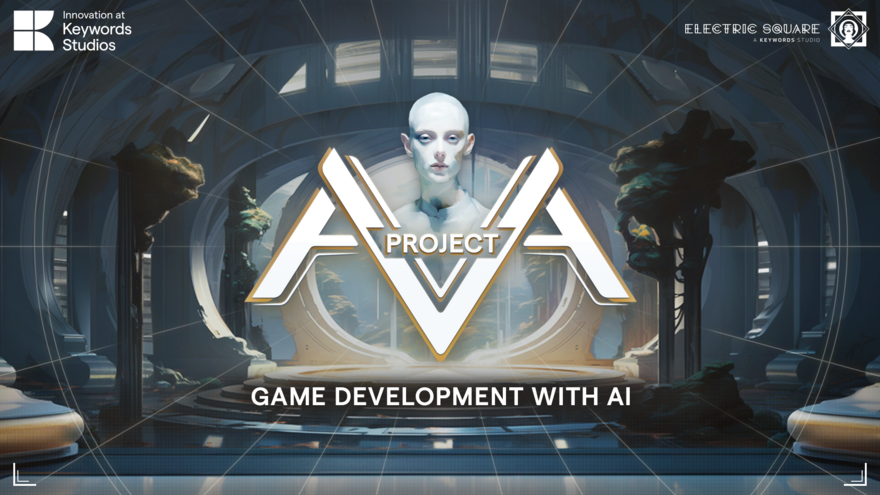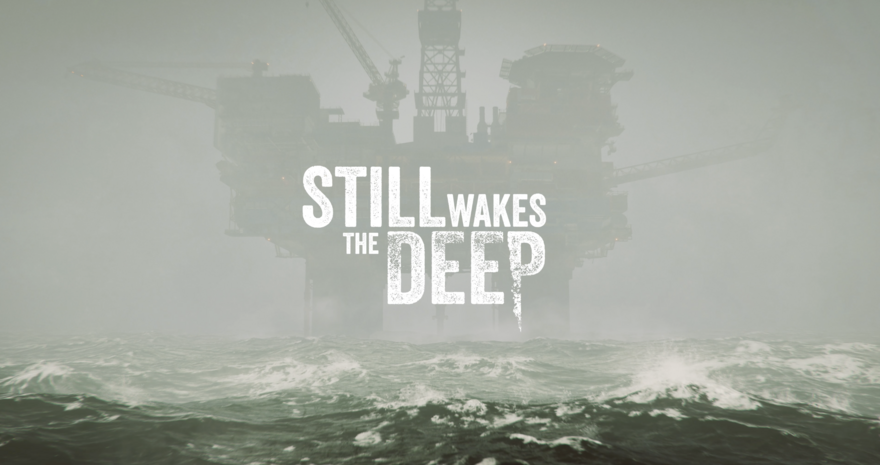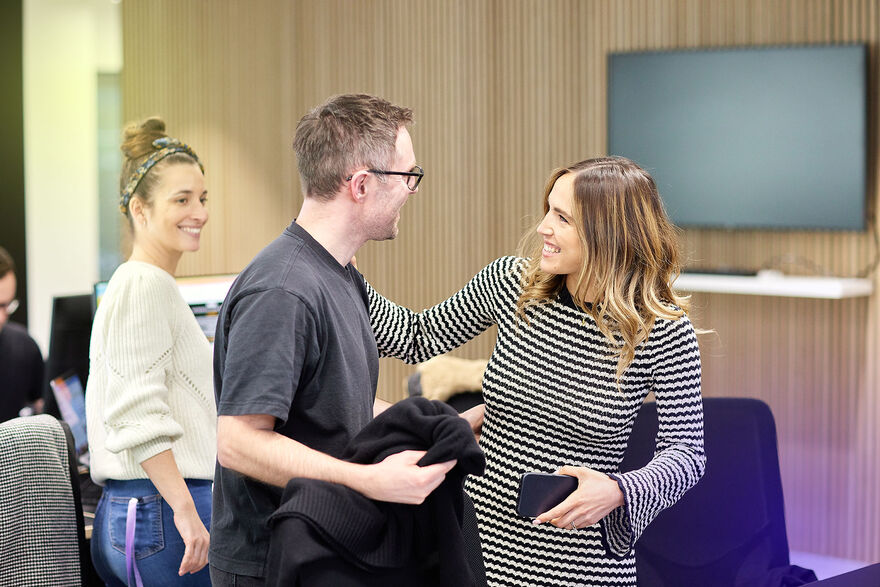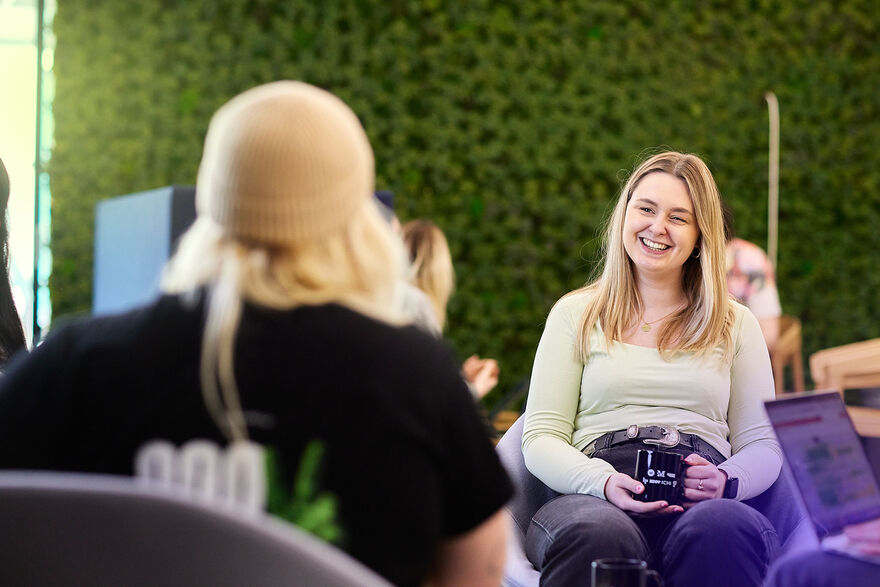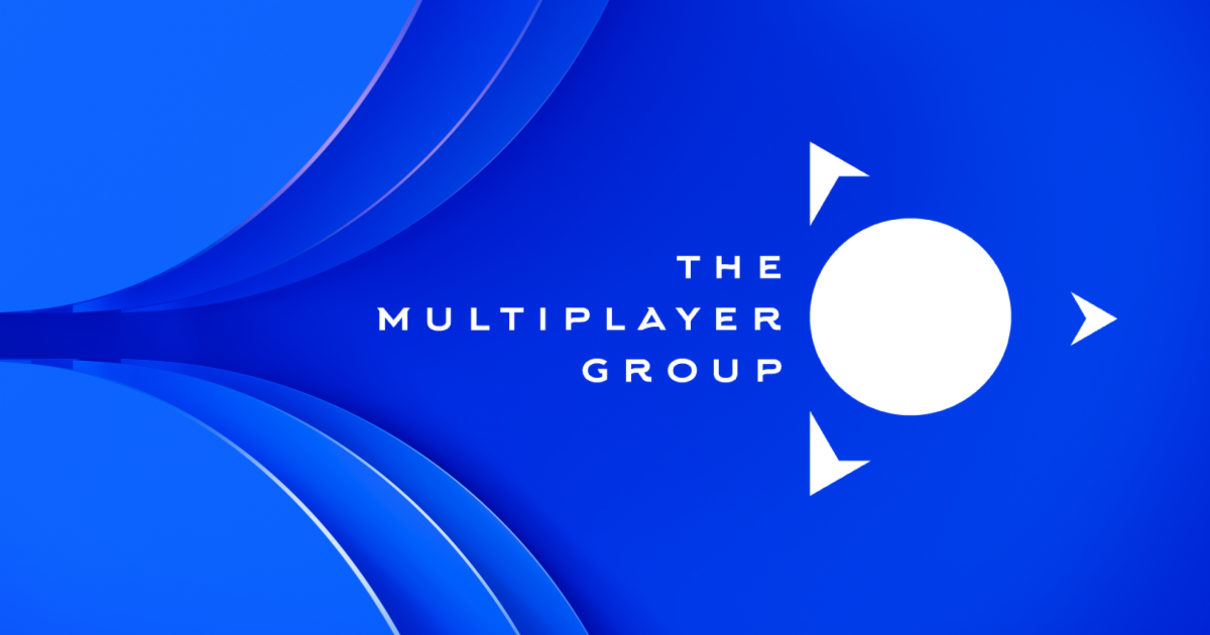Meet Aya Shimizu and Yun Yue Lim from Localization
We recently sat down with Aya Shimizu and Yun Yue Lim, from Keywords in Tokyo and Singapore respectively, to discuss their journeys into localization, what it’s like working in video games, as well as advice for those looking to break into the industry.
Could you introduce yourself and tell us how you got to work as a PM in the game industry?
Aya Shimizu: Hi, my name is Aya. I have been part of Keywords Studios in Tokyo since 2019 and this is my 5th year working as a localization project manager. During my time at university, I worked at a documentary production company helping with the transcription and translation of their films.
After graduating, I started my career in a completely different field, but I was still passionate about translation and localization. I eventually found Keywords Studios in Tokyo, and now I’m part of the team as a localization PM!
Yun Yue Lim: Hi, I’m Yun Yue and I am a Lead Localization Project Manager based in Keywords Studios in Singapore, where I have been working since 2014. I hold a diploma in Game Design and first joined the video games industry as a contract employee under the International Development Services at Electronic Arts Asia Pacific, in Singapore as well.
After a few years in testing, I had an opportunity to join the Localization Project Management department as a Project Coordinator at Keywords and that’s where my journey as a PM started.
Tell us a bit about game localization projects. How long does a video game localization project usually last?
Aya: It really depends on the project. You can be involved in a mobile game project for 3-5 years (or even more!) because they keep adding content continuously, and localization happens while the game is out there. A more traditional console/PC game project, with a set launch date, usually lasts for 6 months to a year.
One of the longest projects that we handled was “NieR Replicant™ ver.1.22474487139…” which started at end of 2019 and was completed in early 2022. The COVID-19 pandemic had a huge impact on this, of course. The development had to slow down, and we had additional rounds of text localization to work through.
Yun Yue: Yeah, the duration depends a lot on the game itself. There are times when a game has weekly updates throughout the year so the project can last as long as there is new content for the game. Other times, it can be as short as a week!
And what would you say are the major challenges you face in localization project management for games?
Aya: It is sometimes challenging to manage teams on a larger scale while also handling multiple projects. Each project is moving at a different pace, and they require different ideas and support types.
I put extra effort into communicating with the external resources and internal teams when there’s an issue and try to direct them to where we need the project to go. During this exchange process there is also a chance new and better ideas are formed, which benefits not just the PM but all team members.
Yun Yue: I think the biggest challenge is managing external resources. Sometimes there are just not enough people to work on the project in order for it to meet the timeline. I remember a time where there was a resource shortage and the only way I could resolve it was to look for people in completely different time zones.

What is the first thing you usually do at the beginning of a project?
Aya: I dive into the files we are going to be working on, and take some time to figure out what needs to be discussed with the client, such as glossary, length limits, the priority of each file etc.
Then we make sure we have a kick-off meeting with the client, including Localization QA and Audio Localization teams if they are also going to be involved in the project. As text localization comes first, we usually have a tight schedule that we want to roll out as soon as we can.
Ensuring every team involved is on the same page is essential to having a healthy project cycle. I always like to map out a plan with the client and associated teams.
Yun Yue: First I figure out the project’s schedule, cross-checking the number of resources we feel we’re going to need against the deadline.
The goal is to find the perfect balance between the risk of introducing inconsistency when there are many resources in the project, versus the client having to wait too long for translations, increasing the risk for the client of missing localization milestones.
What is the best part of being a Project Manager in the game localization space?
Aya: The biggest advantage for me is having the chance to work with many talented translators. I truly believe text localization heavily impacts the enjoyment of the game.
Translators work very hard so that every player can have the same exciting experience, whatever language they want to play in. I have worked with many translators over the years, and it is always astonishing to see the great ideas hidden behind their translation choices.
Yun Yue: I think it is getting involved in the making of your favourite game. Especially when you can bring your insights to help make the project a success, or when you are able to identify potential risks and bring them immediately to the client’s attention.
Do you play the games that you manage? How do you feel when the game is released?
Aya: I do! I felt particularly happy to work on “NieR Replicant™ ver.1.22474487139…” It is one of my all-time favorite titles. Even with projects I’m not directly involved in, it makes me very proud being part of the Keywords family when I see the company and the teams on the credits when playing my favourite games.
Yun Yue: Yes, I do! When it is a game that I am interested in, I even buy the additional DLCs as soon as they are released. I feel very happy when a game I worked on is released because I can finally get to play it!

What advice would you give to someone who would like to become a PM in the future or get into the game localization industry?
Aya: Always have an open mindset, be creative, and pursue your passion for games. As each project is unique, it’s important to be open to new ideas and solutions. We are most likely to make decisions based on experience but sometimes, this is not enough to solve new challenges. Communicating with the team and gathering their thoughts is key for project management. Most importantly, keep that passion alive and remember how games help people have fun and connect with each other!
Yun Yue: Someone once told me that being a PM is like being a bridge between the client and the resources, and those are the words I live by as a PM. Treating external collaborators and clients as partners and making their experience as smooth as possible. So, in the future when other opportunities arise, both parties will be more than happy to work together again.
If you are interested in a role in Localization at Keywords, you can find open positions on our Careers page.
